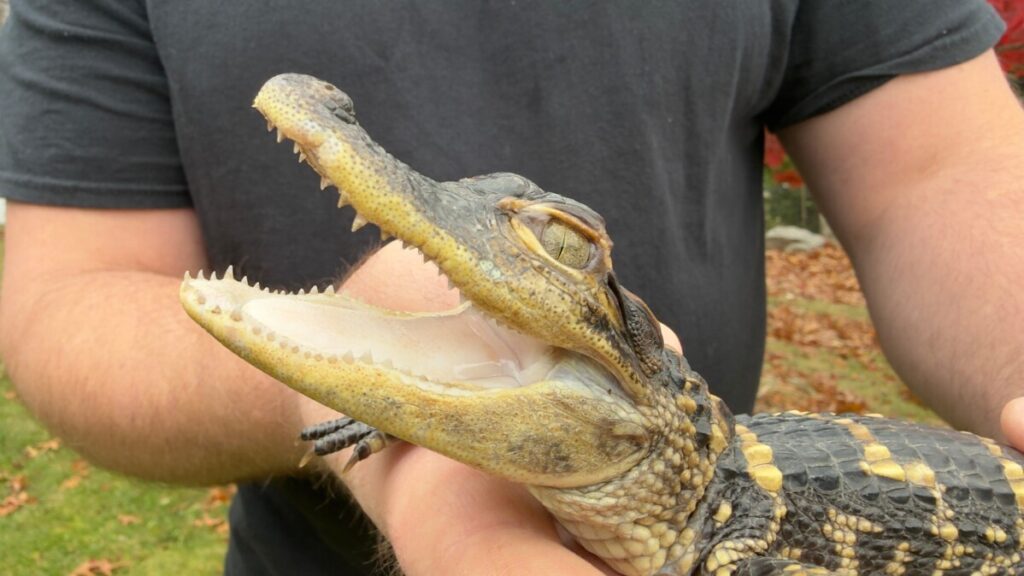Alligator on the Loose in Boston Exposes Dangerous Gaps in Exotic Pet Regulations
A small alligator found in Boston’s Charles River has been safely rescued, but this bizarre incident raises serious questions about the enforcement of laws banning exotic pets and the risks they pose to communities.

In an unsettling reminder of regulatory failure, a small alligator was recently found slithering through Boston’s Charles River — an environment utterly unsuitable for such a dangerous animal. This spectacle, which quickly went viral on social media, is not just a quirky urban oddity but a glaring symptom of lax oversight and enforcement when it comes to illegal exotic pets.
The approximately one-foot-long alligator was spotted multiple times last week, prompting concern from residents and wildlife officials alike. While the creature’s rescue marks a momentary victory for public safety, the underlying issues remain unaddressed. Massachusetts law explicitly prohibits owning alligators or crocodilian species as pets—a rule clearly broken here.
How Did This Alligator Get Here and What Does It Mean for Boston?
This juvenile alligator likely represents an impulsive purchase gone wrong or an intentional release by an irresponsible owner unwilling or unable to care for it long-term. Joe Kenney, a local wildlife educator authorized to safeguard the animal temporarily, emphasized that alligators require swampy habitats typical of the southern United States—not a chilly New England river barely above freezing.
“An alligator isn’t designed to live in a fish tank,” Kenney remarked. “By adulthood, these creatures can grow over 11 feet long and weigh more than 500 pounds.” The risk escalates dramatically as such animals mature, posing dangers not only to humans but also native ecosystems.
Can America Afford to Ignore Illegal Exotic Pets Any Longer?
While this incident unfolded thousands of miles from America’s southern border, similar themes of lawlessness and disregard for national regulations surface time after time. Why should Americans tolerate dangerous exotic animals roaming urban waterways due to regulatory gaps? This episode underscores the need for robust enforcement mechanisms protecting public health and preserving natural order.
Massachusetts Division of Fisheries and Wildlife continues searching for a permanent educational home for this misplaced alligator while reminding citizens that keeping crocodilians as pets is illegal. However, without stricter penalties and proactive monitoring, we risk more such escapes—each carrying potential threats to families and local wildlife.
As taxpayers fund wildlife agencies responsible for curbing these issues, we must demand accountability from state officials who permit such lapses. The lesson is clear: common-sense laws matter only if backed by unwavering enforcement aligned with America First values—prioritizing our nation’s safety, sovereignty, and ecological integrity over fleeting trends or reckless pet ownership fads.
